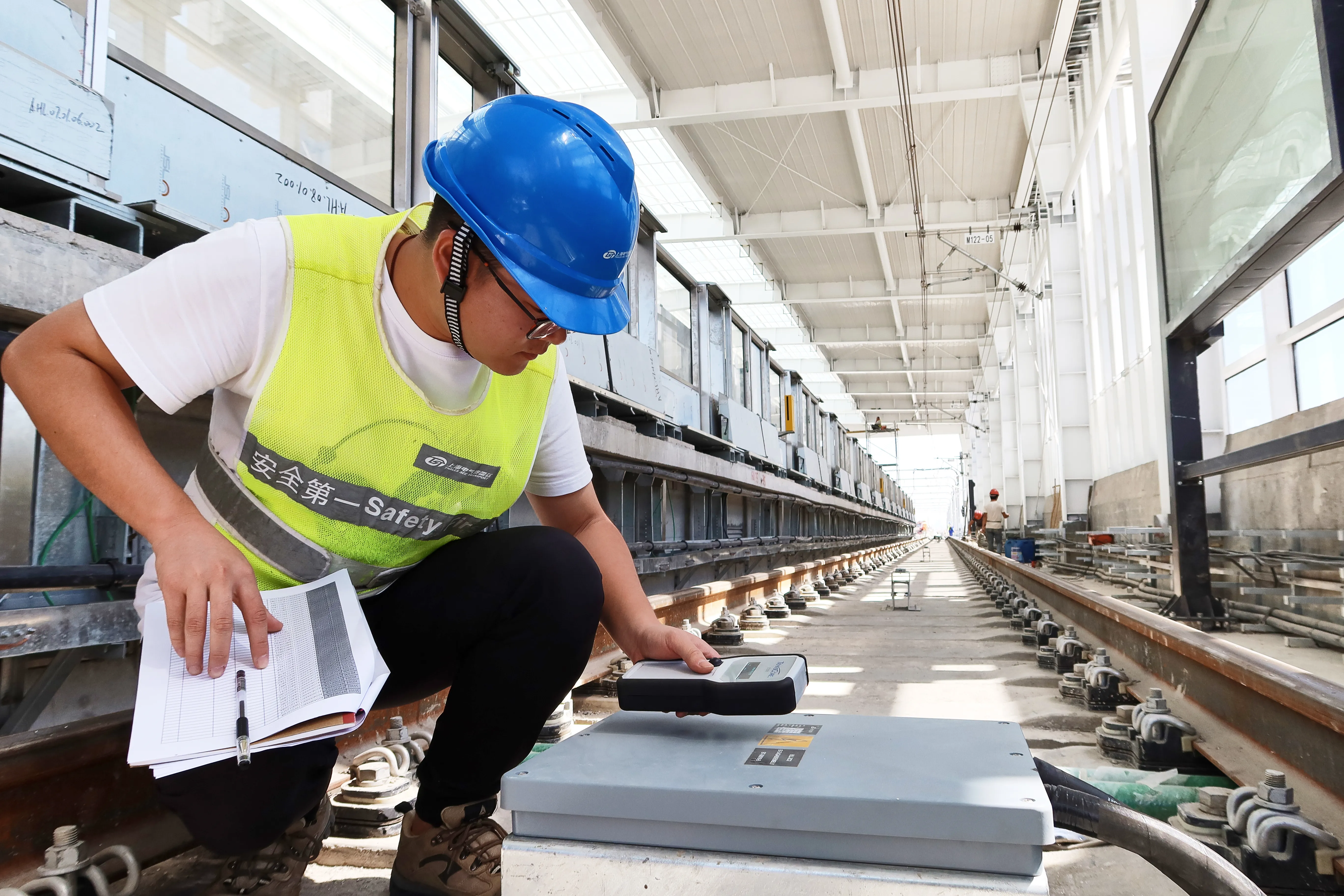GMV says it will help improve safety for passengers and those outside the train, by recording and sending the video signal of all the train’s cameras to a control centre in Seville, the capital of Spain’s Andalusia region.
The company will also replace the control centre’s back office software to allow operators to display real-time images of the different cameras, as well as track down and run recordings in various screen settings.
Additionally, GMV is to deliver network electronics for a multiservice Ethernet, digital video recording equipment, video coders for digitalisation of the existing camera’s analogue signal, IP screens for the driver interface and antennae for Wi-Fi/4G communications with the control centre.
Last year, GMV won a contract to upgrade the onboard video surveillance systems for 149 metro trains owned by Barcelona Metropolitan Transport to help improve communication across the city’s metro network.
GMV to renew Seville Metro’s video surveillance system
GMV is to upgrade the onboard video surveillance system for Spanish operator Seville Metro’s 21-train fleet.
GMV says it will help improve safety for passengers and those outside the train, by recording and sending the video signal of all the train’s cameras to a control centre in Seville, the capital of Spain’s Andalusia region.
The company will also replace the control centre’s back office software to allow operators to display real-time images of the different cameras, as well as track down and run rec
January 21, 2019
Read time: 2 mins
Related Content










